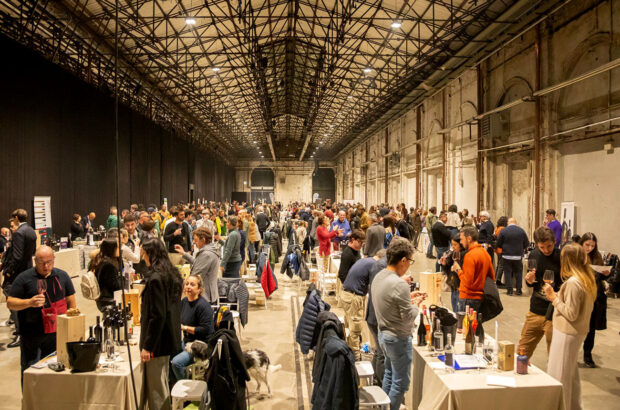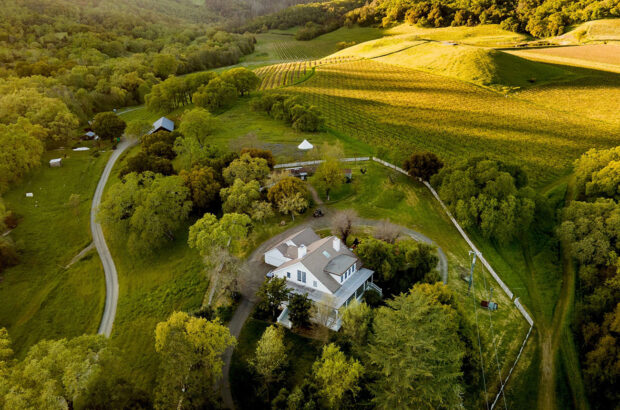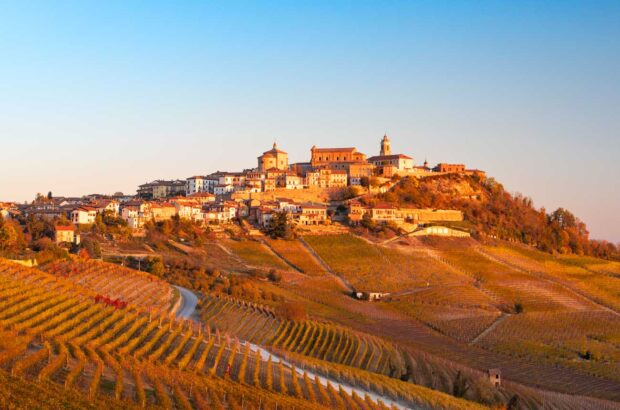A new wine book on China’s rapid emergence on the fine wine scene - and its sudden retreat - could make uncomfortable reading for several classified Bordeaux chateaux, writes Jane Anson.
Suzanne Mustacich has lived and worked in Bordeaux as a correspondent for various publications over the past decade, giving her a useful sense of context to the rise of China within the local wine trade, and the subsequent attempts by both sides to control opportunities and profits.
Thirsty Dragon makes full use of this background knowledge with research into how the Chinese wine market has grown, fleshed out by interviews with key players in Bordeaux, Hong Kong and China.
The story takes us through the beginnings of the industry with the early plantings of vi nes by 19th century Catholic missionaries to the recent impact of the austerity drive that began in March 2012 with Wen Jiabao’s vows to clamp down on the misuse of public funds.
The book is extremely detailed and the sheer volume of names, figures, deals and data threatens at times to get in the way of the storytelling. But that is not to detract from the achievement here.
Many of the players that Mustacich writes about have been unwilling to go on the record before. There is some excellent behind-the-scenes explanation of the rumors and scandals that have rocked Bordeaux over the past five years that châteaux and merchants have hitherto been so careful about burying.
These include the millions of euros worth of cancelled orders from Chinese buyers during the market crash between 2009 and 2012 and the deals where 1855 classified properties discreetly created second labels specifically for the Chinese market, where they bypassed the traditional route to market of brokers, merchants and local importers to go direct to buyers.
Although the chateaux involved are allowed to remain anonymous, it’s clear that this is going to make uncomfortable reading for many of the classified properties in Bordeaux.
But the human stories are the highlight of the story, following the role of players such as private investigator Nick Bartman tracking the wave of counterfeit wines across China, or Philippe Papillon’s rise and fall as a négociant and ‘China specialist’ on the Place de Bordeaux.
All come up against the might of the Chinese government’s infamous Five Year Plans, and these parts often read like a cross between a detective story and a darkly comic tragedy.
Mustacich is evenhanded in her approach. Both China and Bordeaux are shown to be ruthless in first courting each other’s attention, then pursuing the money as the market takes off and finally in their attempts to cover their own backs when things go sour.
The overall feeling at the end of reading is one of unease for the future, even as the Chinese market continues to grow and opportunities multiply. Mustacich wisely doesn’t try to wrap things up too neatly, choosing instead to point out that ‘China challenges the rules of the game, but the game will still be played’
Thirsty Dragon by Suzanne Mustacich is set for release in the UK and the US on November 10 (Henry Holt, approx £20 in UK), in audio, kindle and hardcover. It is planned to be published in China, but must first clear a censorship audit.







